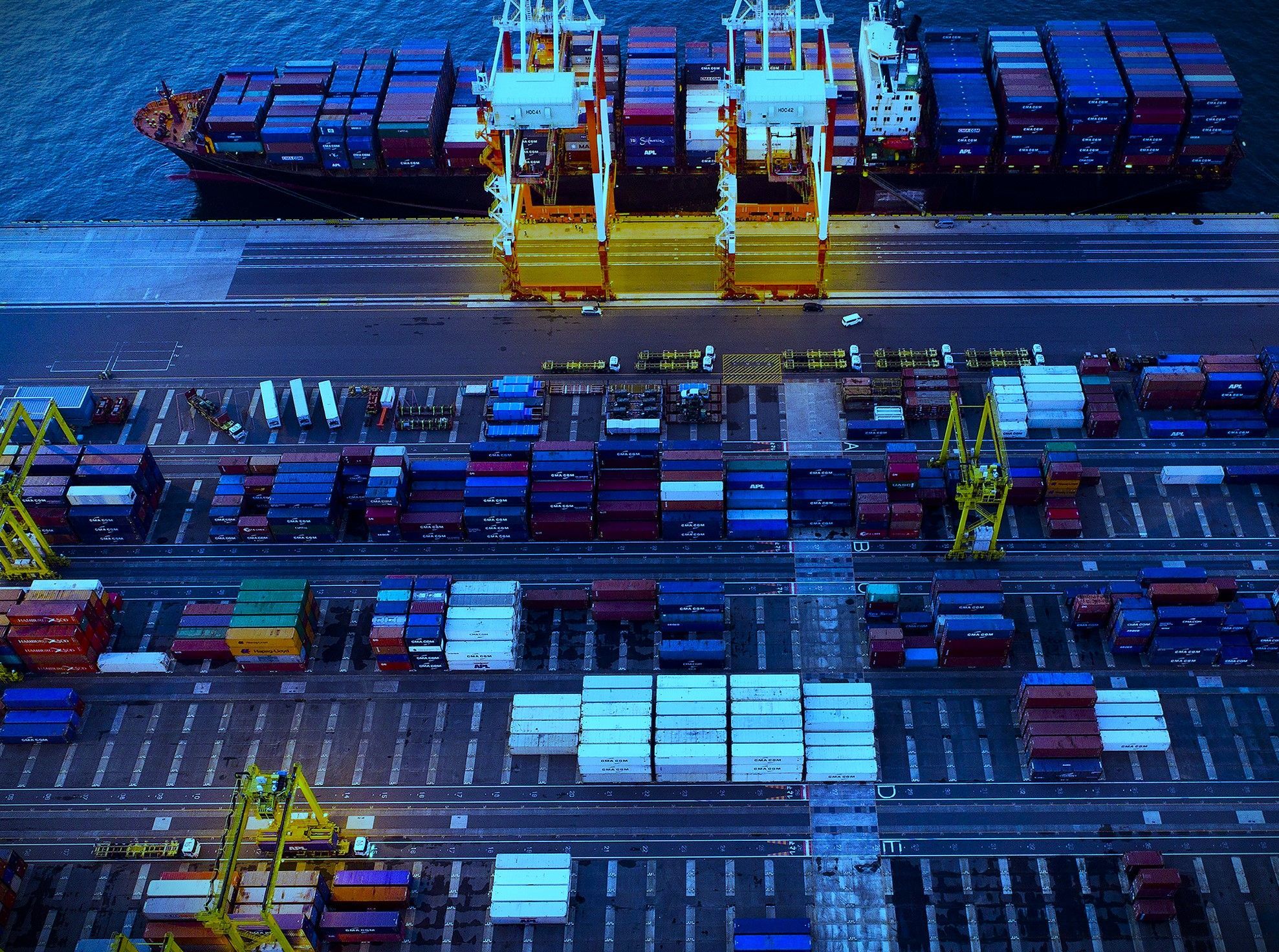
On October 7, 2022, the Bureau of Industry and Security (BIS) announced a new policy that would continually escalate restrictions on entities that fail to comply with BIS’s end-use verification checks, regardless of whether such noncompliance was the product of the entity’s own actions or of policies of the entity’s foreign host government.
Consistent with this announcement, BIS added 31 Chinese entities to, and removed nine Chinese entities from, the Unverified List (UVL). Among the new entities added to the UVL is Yangtze Memory Technologies Co., Ltd. (YMTC), a Chinese state-owned enterprise, China’s largest NAND flash manufacturer, and a significant player in the flash memory supply chain. The placement of these entities on the UVL adds a number of new immediate restrictions and requirements on exports, reexports, and transfers of U.S. items to these entities.
Overview of the UVL
As the name implies, the UVL contains a list of entities for which BIS has been unable to adequately verify that the entity has generally complied with (and is generally in compliance with) the Export Administration Regulations (EAR) as determined by routine end-use checks conducted by BIS’s enforcement arm. To mitigate the risks of any items being diverted by these entities to unacceptable end-uses or end-users, BIS requires exporters to conduct additional steps prior to export, discussed further below.
While most high-profile listings of Chinese companies, including those of Huawei and ZTE, have been to the Entity List, BIS’s designations to the UVL come with a different set of restrictions. The table below provides a brief overview of the different purposes, powers, and general export restrictions applicable to UVL and Entity List listings.
|
|
Unverified List |
Entity List |
|
Scope |
Inability to verify legitimacy and reliability of end-uses and end-users of items |
Involvement or risk of involvement in activities contrary to the national security policy interests of the United States |
|
Designation Power |
BIS |
End-User Review Committee (a multi-agency body composed of representatives from the U.S. Departments of Commerce, State, Defense, Energy, and the Treasury) |
|
General Export Restrictions |
Prohibition on use of license exceptions; |
License requirement for all items in scope of entity’s Entity List entry; and |
With respect to YMTC in particular, Senators Marco Rubio (R-FL) and Mark Warner (D-VA) have made a concerted, multiyear effort lobbying BIS to add YMTC to the Entity List, citing extensive links with the Chinese government and military. While BIS did not do so in its October 7 action, the agency did add YMTC to the UVL—and left open the door to YMTC ultimately being added to the more restrictive Entity List sooner, in accordance with its newly announced end-use check policy.
New End-Use Check Policy
Generally, non-compliance with BIS’s end-use checks is ascribed to the actions of the entity, such as a refusal or unwillingness to respond to BIS. With respect to the firms targeted in BIS’s recent announcement, however, the responsibility for the failure to comply has been less clear, because many Chinese entities have cited the Chinese government’s policies as cause for their inability to complete BIS’s end-use checks.
Under BIS’s new policy, however, the agency affirmed that “a sustained lack of cooperation by the host government” could, ultimately, be a sufficient basis for adding an entity to the Entity List. Entities will first be added to the UVL if end-use checks are unable to be completed within an initial 60-day period. After UVL designation, the UVL-listed entity would then have a further 60-day period to complete these end-use checks before BIS would begin the process of adding the entity to the Entity List.
YMTC and the other entities added to the UVL are now in this final 60-day period, after which BIS will begin the process of adding non-compliant entities to the Entity List. Effective immediately, the below restrictions applicable to dealings with UVL-listed entities will apply.
Requirements for U.S. Exports to UVL Entities
For exports, reexports, and transfers to UVL-listed entities of items subject to the EAR, exporters are required to comply with three additional requirements:
- First, the ability to use all license exceptions is suspended.
- Second, even for items not subject to a license requirement, exporters are required to collect from the UVL-listed recipient a written, signed, and dated statement providing all of the following information:
- name of UVL party; complete physical address (and shipping, corporate, and end-user addresses, if different); telephone number; fax number; email address; website; and name and title of individual signing the UVL statement;
- an agreement not to use the item(s) for any use prohibited by the United States EAR, 15 CFR Parts 730-772, and an agreement not to reexport or transfer (in-country) the item(s) to any destination, use, or user prohibited by the EAR;
- a declaration providing the end-use, end-user, and country of ultimate destination of the item(s) subject to the EAR;
- an agreement to cooperate with end-use checks, including a Post-Shipment Verification, conducted by or on behalf of the BIS, U.S. Department of Commerce, for any item subject to the EAR in transactions to which they were a party in the last five years. This cooperation includes facilitating the timely conduct of the check and providing full and accurate information concerning the disposition of items subject to the EAR;
- an agreement to provide copies of this document and all other export, reexport, or transfer (in-country) records required to be retained in part 762 of the EAR; and
- a certification that the individual signing the UVL statement has sufficient authority to legally bind the party.
- Lastly, all exports of tangible items must have an Electronic Export Information (EEI) filing made in the Automated Export System (AES) prior to export.
Conclusion
BIS’s new end-use check policy imposes new requirements on U.S. exports, effective immediately, with regard to the 31 entities added to the UVL on October 7. Consistent with this policy, we would expect to see a more regular flow of companies added to the UVL or the Entity List in the coming months.
In a separate action released on the same day, BIS also issued a long-awaited interim final rule implementing new export controls on advanced computing chips, computers, and components; creating new end-use controls on semiconductor manufacturing and supercomputer components; and implementing new and expanded Foreign Direct Product rules for such items and in relation to certain Entity List-designated entities. Read our client alert regarding that announcement here.
For more information or any questions on these changes or any related matter, please contact Josephine Aiello LeBeau (202-973-8813, jalebeau@wsgr.com), Anne Seymour (202-973-8874, aseymour@wsgr.com), or any member of the export control and sanctions practice at Wilson Sonsini Goodrich & Rosati.
Contributors
- Privacy Policy
- Terms of Use
- Accessibility


